Cell And Developmental Biology
-
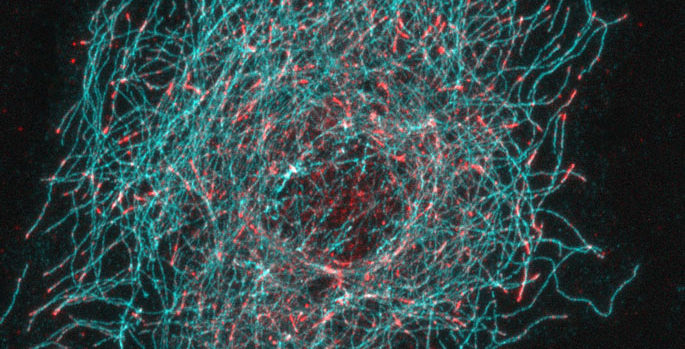
VU study reveals factor’s new role in cell division, migration
Vanderbilt University investigators have discovered a new molecular mechanism that regulates microtubule dynamics. The unexpected finding, reported in Developmental Cell, has implications for cancer drug discovery. Read MoreOct 30, 2014
-

Antibiotics, fetal vessel defect linked
Certain antibiotics increase the risk of a congenital heart disorder called patency of the ductus arteriosis. Read MoreOct 15, 2014
-
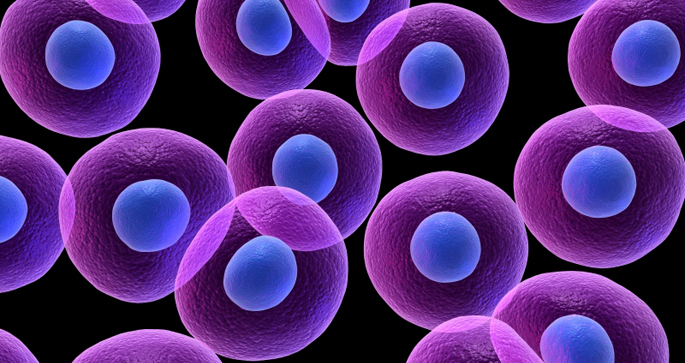
Long-range signaling to stem cells
The potential for long-range signaling factors – such as those identified in the current study – to regulate stem cell behaviors has implications in tumor progression and metastasis. Read MoreOct 9, 2014
-
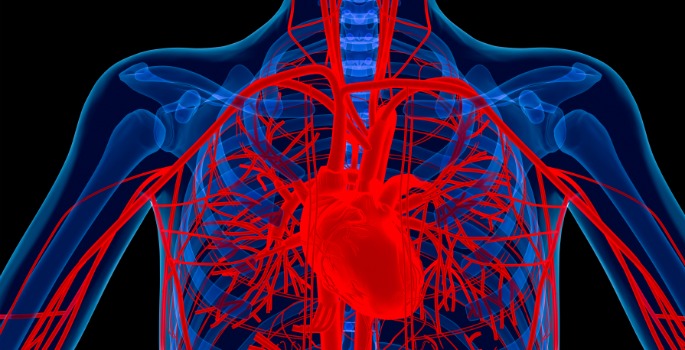
Study finds coronary arteries hold heart-regenerating cells
Endothelial cells residing in the coronary arteries can function as cardiac stem cells to produce new heart muscle tissue, Vanderbilt University investigators have discovered. Read MoreAug 20, 2014
-

Pioneers of Discovery: Investigator taps into artistic side to reveal cells’ secrets
Dylan Burnette, Ph.D., points to one of the many striking photographs on his office walls. It’s a picture of a cell — a microscopic image showing yellow squiggles, bright purple lines and a turquoise oval on a black background, and it looks like abstract art. Read MoreMay 29, 2014
-

Potential mechanism for myeloma drug’s variable toxicity
A genetic variant is associated with toxicity of the chemotherapy drug melphalan, and could guide individualized dosing for the medication. Read MoreApr 30, 2014
-
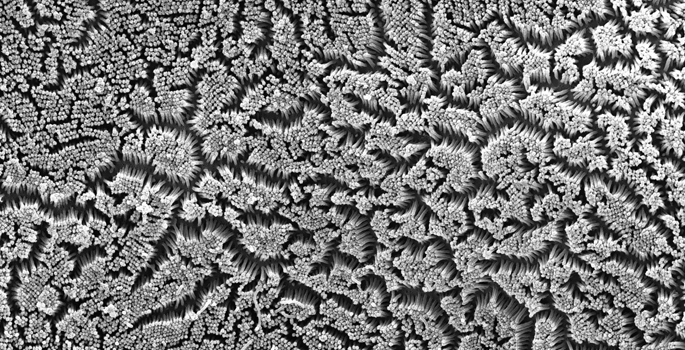
Nutrient-absorbing surface’s assembly revealed: study
Vanderbilt University researchers have discovered how intestinal cells build the "brush border" -- a specialized surface structure that is critical for absorbing nutrients and defending against pathogens. Read MoreApr 17, 2014
-

Development and disease in the aorta
Smooth muscle cells that line the aorta differ in development but not in the adult, a finding that has implications for understanding aortic development and disease. Read MoreApr 2, 2014
-

Discovery Lecture sheds light on properties of motion
Ron Vale, Ph.D., co-discoverer of the molecular “motor” kinesin, spent the first 10 minutes of his Flexner Discovery Lecture last week talking not about science, but about science communication. Read MoreFeb 6, 2014
-

UCSF’s Vale set to explore mechanisms of biological motility
Ron Vale, Ph.D., Lasker Award winner and co-discoverer of the molecular “motor” kinesin, will give the next Flexner Discovery Lecture at 4 p.m. on Thursday, Jan. 30, in 208 Light Hall. Read MoreJan 23, 2014
-
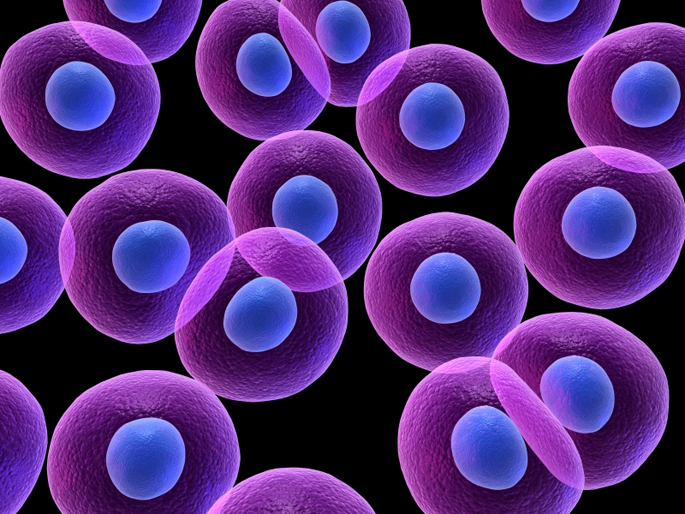
Searching for beta cell stimulators
Vanderbilt researchers describe a new technique for identifying factors that stimulate the proliferation of pancreatic beta cells – factors that might offer therapeutic options for diabetes. Read MoreJan 13, 2014
-
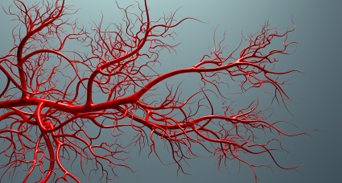
Targeting tumor “supply lines”
A metabolic enzyme plays a crucial role in vascular development and may be a good target for cancer therapies. Read MoreDec 18, 2013
-
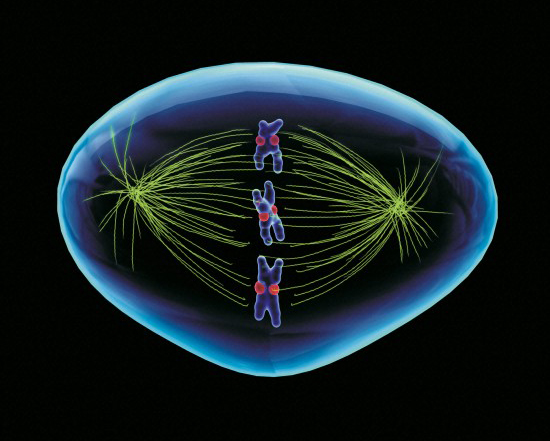
Manager of mitotic stress
The protein CK1 delays cell division to avoid the generation of defects that drive tumorigenesis. Read MoreDec 13, 2013
-
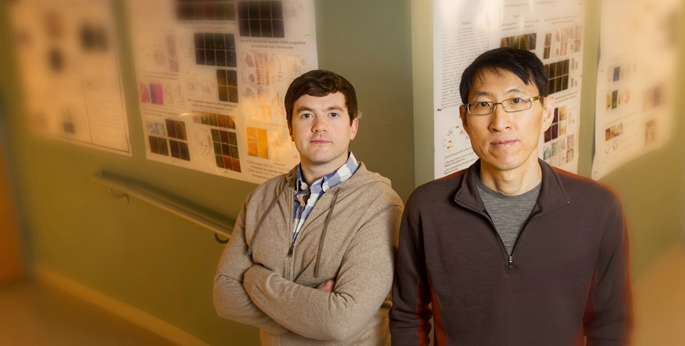
VU study points to central regulator of neuron development
Developmental biologist Chin Chiang, Ph.D., and his colleagues have discovered that Purkinje neurons in the cerebellum act as central regulators of neuronal development. Read MoreDec 12, 2013
-
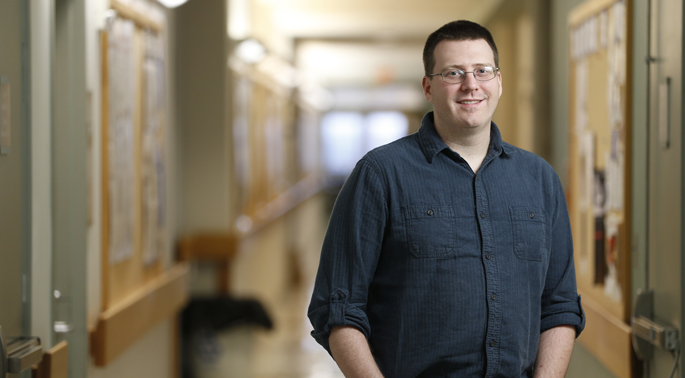
Pioneers of Discovery: Investigator explores how cells decide what’s on surface
Jason MacGurn, Ph.D., a new assistant professor of Cell and Developmental Biology at Vanderbilt, is studying how cells make decisions about the protein composition of the cell surface. Read MoreDec 5, 2013
-
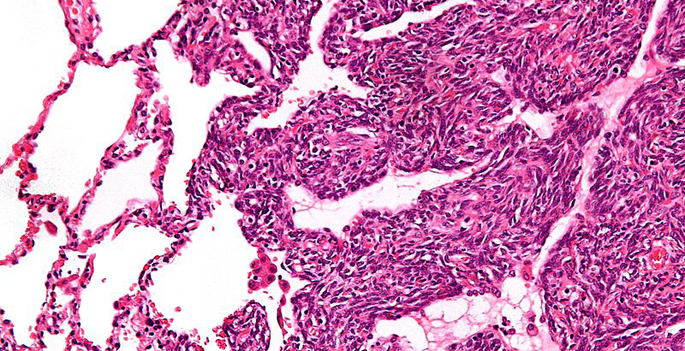
Therapeutic target for synovial sarcoma
Inhibitors of a signaling pathway that is critical to synovial sarcoma tumorigenesis may be useful treatments for this aggressive cancer. Read MoreNov 21, 2013
-
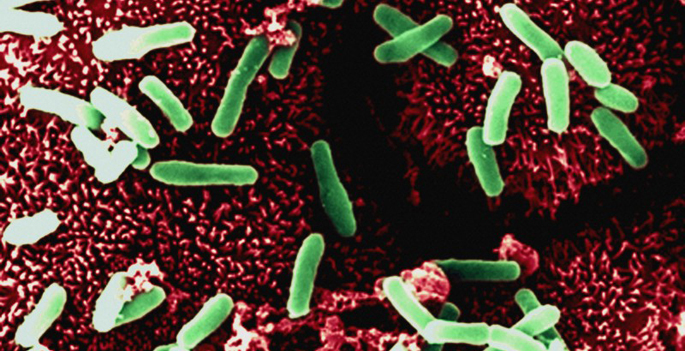
Defusing ‘C. diff’ infection
Clostridium difficile on the intestinal lining. (Wellcome Images) Clostridium difficile (“C. diff”) infection is a leading cause of hospital-associated diarrhea, and the frequency and severity of infections are on the rise. D. Borden Lacy, Ph.D., associate professor of Pathology, Microbiology and Immunology, and colleagues recently demonstrated that the C. Read MoreNov 8, 2013
-
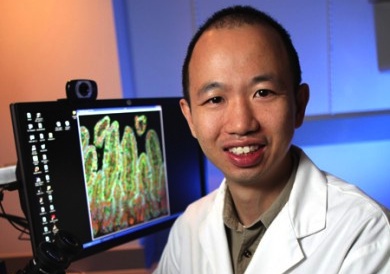
Pioneers of Discovery: Investigator driven to divine cellular ecosystem’s rulebook
Ken Lau, Ph.D., a new assistant professor in Cell and Developmental Biology, is out to determine the rules that lead to cells converting from one type to another, for example, when a healthy cell becomes a cancer cell. Read MoreOct 31, 2013
-

Targets of SIN drive cell division
Vanderbilt researchers have identified a key regulator of cell division. Read MoreOct 25, 2013
-
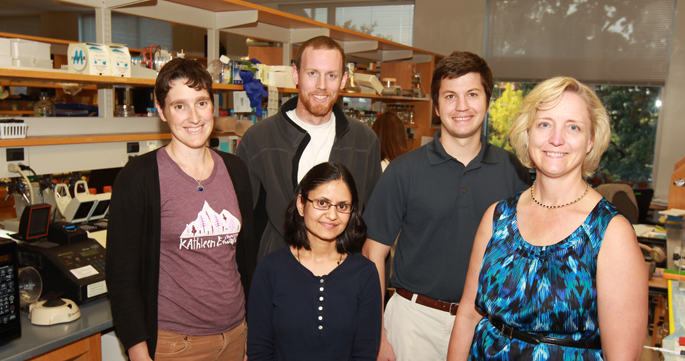
Grad students help achieve key discovery
A multidisciplinary study conducted by the combined efforts of Vanderbilt University graduate students has led to the first evidence that abnormal messenger RNA export from the nucleus to the cytoplasm can cause human disease. Read MoreOct 24, 2013